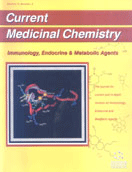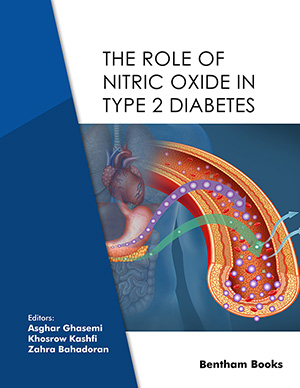
Abstract
A multitude of regulatory peptides derive from the main members of the granin family, i.e. the chromogranins A (CGA) and B (CGB) and secretogranin II. These proteins are co-secreted from the diffuse neuroendocrine system with a wide range of neurotransmitters and peptide hormones upon adequate stimuli. The recent developments provide ample evidence of widely different effects and targets for the CGA derived peptides, implicated in the regulation of plasma calcium, plasma glucose, adrenomedullary catecholamine release and vascular contractility, as well as in the innate immunity. This review aims to attract the attention of endocrinologists and immunologists to this novel family of regulatory peptides, notably those derived from CGA.The main emphasis has been placed on functional aspects of the precursor protein and the biologically active peptides, such as the vasostatins I and II, pancreastatin and catestatin. The majority of properties so far assigned to this calcium binding prohormone and its peptide derivatives fits into patterns of inhibitory effects, of postulated relevance not only for homeostatic processes, but also in the inflammatory response and the early defence against invading microorganisms.
Keywords: Chromogranin, Regulatory Peptiedes, chromogranins A CGA, CGB, Secretogranin II, Chromogranins, Calcium binding, Proteolytic Processing, Vasostatins, Vasostatin I, Antibacterial
 1
1









